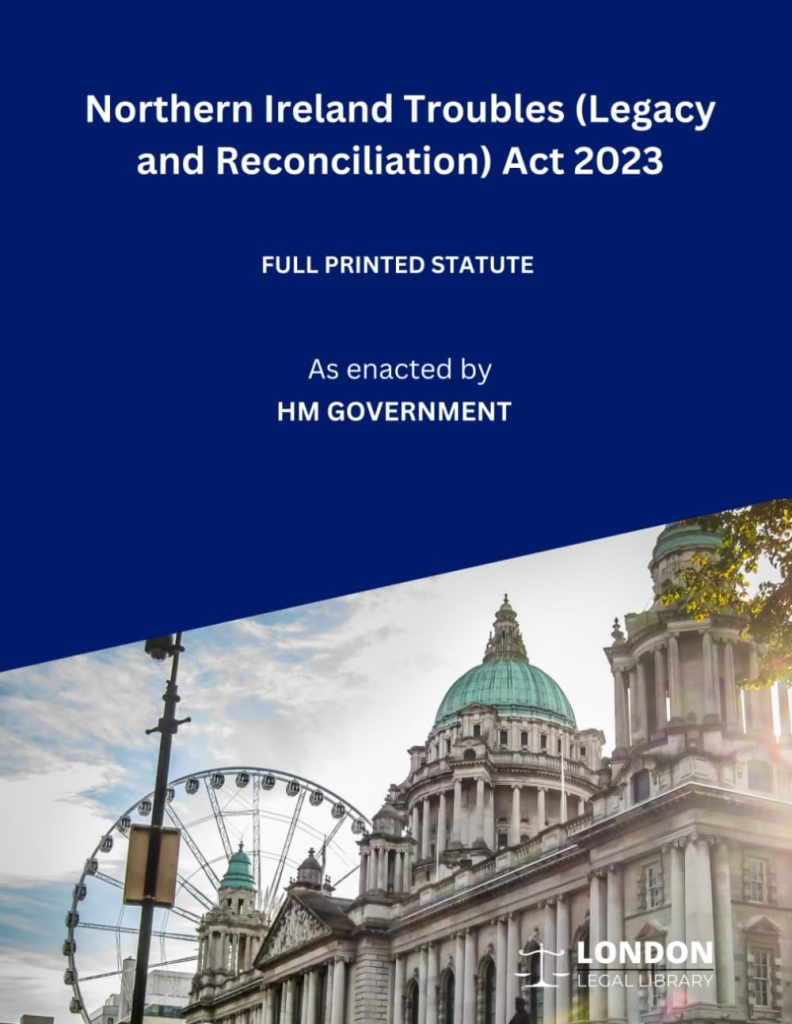By Eniola Amadu
The UK Government is set to introduce new legislation at Westminster on Tuesday to implement a recent deal with Ireland aimed at addressing the Troubles’ legacy issues and repairing strained relations between London and Dublin.
The agreement, reached last month, replaces the contentious Northern Ireland Troubles (Legacy and Reconciliation) Act, which had sparked widespread opposition from political parties, victims’ groups, and the Irish government.
The new framework seeks to establish a more collaborative and sensitive approach to investigating and reconciling the historical injustices linked to the decades-long conflict.
Under the new deal, a fresh legacy commission will be created to oversee investigations into unresolved cases from the Troubles.
It will work alongside a new dedicated legacy unit within An Garda Síochána, the Irish police service, to support cross-border inquiries and coordination.
The agreement also contains measures to protect British Army veterans involved in the conflict.
However, Prime Minister Keir Starmer has made clear that these protections will not extend to paramilitary figures.
Northern Ireland Secretary Hilary Benn said the previous government’s Legacy Act had been “flawed, undeliverable, and widely opposed,” adding that it had caused “great pain and anguish to many people.”
The earlier law, which included a conditional amnesty for offences committed during the Troubles, had been strongly condemned by victims’ families and rejected by all Northern Ireland political parties.
Labour had pledged during the general election campaign to repeal the legislation and replace it with a fairer and more transparent process agreed in partnership with Dublin.
The government began repealing the act in December, with the new bill representing the next step in that commitment.
Officials in both governments believe the new measures could help rebuild trust and promote reconciliation, while ensuring accountability for past crimes.
Victims’ representatives have cautiously welcomed elements of the deal but stressed that its success will depend on meaningful consultation and effective delivery.
The Secretary of State is expected to formally present the new bill to the House of Commons later on Tuesday, where it will undergo detailed scrutiny and debate in the coming weeks.



